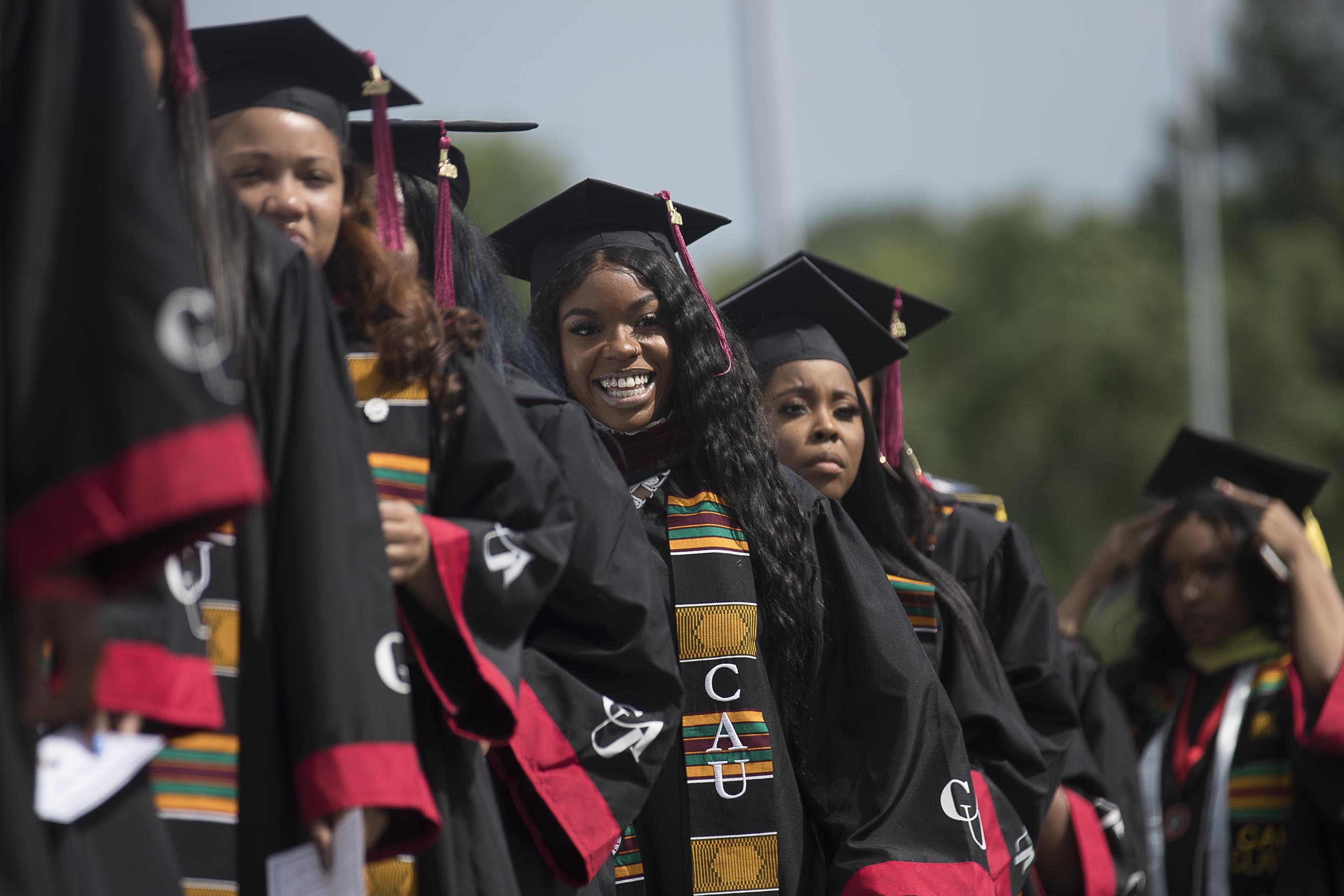Historically Black Colleges and Universities (HBCUs) are Citeref.com institutions of higher education in the United States that were founded to primarily serve the Black community. There are currently 101 HBCUs in the United States, and they play a vital role in providing educational opportunities for Black students.
HBCUs were founded during a time when Black students were denied access to predominantly white institutions. The first HBCU, Cheyney University of Pennsylvania, was founded in 1837. Other early HBCUs include Lincoln University (1854), Howard University (1867), and Fisk University (1866).
HBCUs have played a significant role in the development of Black leadership in the United States. Many notable Black leaders, including Martin Luther King Jr., Malcolm X, and Thurgood Marshall, graduated from HBCUs. HBCUs also continue to produce graduates who go on to successful careers in a variety of fields, including business, law, medicine, and the arts.
Here are some of the benefits of attending an HBCU:
- Strong academic programs: HBCUs offer a wide range of academic programs, including undergraduate and graduate degrees in business, education, engineering, law, medicine, and the arts.
- Diverse student body: HBCUs have a diverse student body, which can provide students with opportunities to learn about different cultures and perspectives.
- Supportive environment: HBCUs are known for providing a supportive environment for Black students. Students at HBCUs often feel more comfortable and accepted than they would at predominantly white institutions.
- Affordable tuition: HBCUs are typically more affordable than predominantly white institutions. This makes them a good option for students who are budget-conscious.
If you are considering attending an HBCU, there are a few things you should do to prepare:
- Research different HBCUs: There are many different HBCUs to choose from, so it is important to do your research and find a school that is a good fit for you. Consider factors such as the school’s location, academic programs, and cost.
- Visit different HBCUs: If possible, visit different HBCUs to get a feel for the campus culture and academic programs. Talk to current students and faculty to learn about their experiences.
- Apply early: Many HBCUs have competitive admissions standards, so it is important to apply early. Be sure to submit all required application materials, including your transcripts, test scores, and letters of recommendation.
Attending an HBCU can be a rewarding experience for Black students. HBCUs offer a strong academic experience in a supportive environment. If you are considering attending an HBCU, be sure to do your research and apply early.




